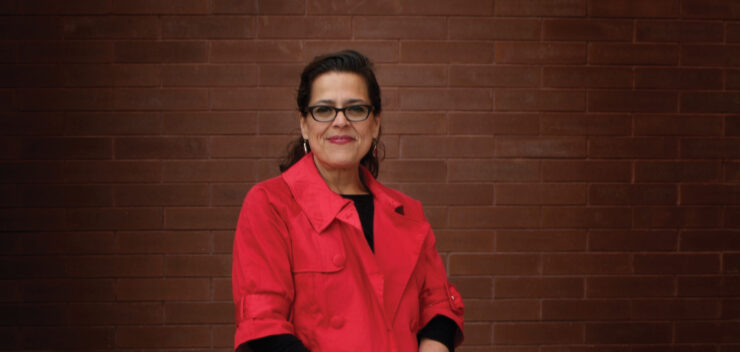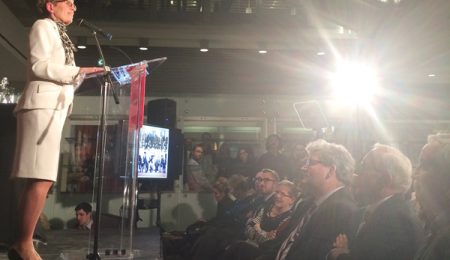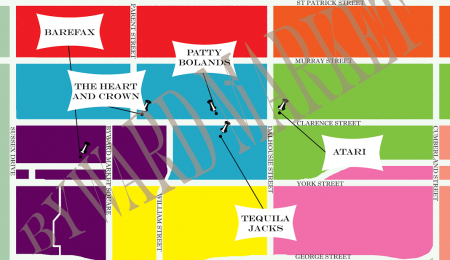U of O prof’s novel follows young Indigenous girl’s journey
On June 2, 2015, the Truth and Reconciliation Commission of Canada (TRC) released their “Calls to Action”, 94 recommendations that the report says are “to redress the legacy of residential schools and advance the process of Canadian reconciliation.” One week prior to this report, Birdie, a novel about a young Indigenous woman by University of Ottawa law professor Tracey Lindberg, was released.
At first glance, the two may appear to have little to do with each other—however, they are more intertwined than one may think. The novel has been chosen for this year’s Canada Reads, CBC’s annual “battle of the books” taking place from March 21–24 where five Canadians defend a book of their choosing that, according to the show’s website, “they believe is the one novel all of Canada should read.”
Bruce Poon Tip, a Canadian entrepreneur and founder of travel company G Adventures, will be defending Birdie in the 2016 edition of the competition. The theme this year is “starting over”—which is where the TRC and Birdie intersect—and why Lindberg believes her book worked well with the theme and could be a strong contender considering all of the “starting over” going on in Canadian politics over the past year.
“I think that circumstance, timing, and great fortune put the issues that were arising as a result of the commission right beside the issues arising because of Birdie and the launch of the book,” says Lindberg. “Canadians were starting to embark upon a new conversation about relationships with Indigenous peoples… and (this) became renewed with the election of a new government.”
Lindberg’s novel centers around Bernice Meetoos, a young Cree woman from Northern Alberta, who leaves her community and travels to British Columbia on a physical, and internal, journey. Although the book is fictional and not based off of Lindberg, who is an As’in’i’wa’chi Ni’yaw Nation Rocky Mountain Cree woman herself hailing from the Kelly Lake Cree Nation community in Alberta, she says that she has drawn from her life for inspiration for it.
“I think that every author does. There are parts of your life that are too beautiful not to record and some lessons that are hard and you don’t want to lose them,” says Lindberg. “On any given day I say that the hard lessons may appear or the beauty may show up, and some days it feels precisely like the book and some days it feels nothing like the book.”
Although Lindberg is not exactly sure why her book got chosen, as the authors do not have a say in the competition, she does have a hunch.
“What I’m beginning to understand is that for every opportunity or every experience that I’ve had usually directly behind it there’s been a woman, or women, who have supported me,” says Lindberg. “I suspect that somewhere… in the conversation about possible books to be in the pile for Canada Reads that there were women who made sure that it was there.”
Lindberg also had a lot of advice for aspiring novelists—“pay attention to the yeses, not the nos.”
“There’s going to be nos along the way, but you don’t have to listen to those. Never take the no, never take the rejection as something that is real, because the only thing that can matter is that you find your voice and that you find a way to amplify your voice and then you find a place to put that.”
Even if the novel doesn’t win the competition, Birdie is a book that Canadians should take the time to read, considering that Canadians seem to finally be working towards improving relationships with and becoming more informed about Indigenous people. And hey, it never hurts to support a fellow Gee-Gee who is competing on a national stage.





